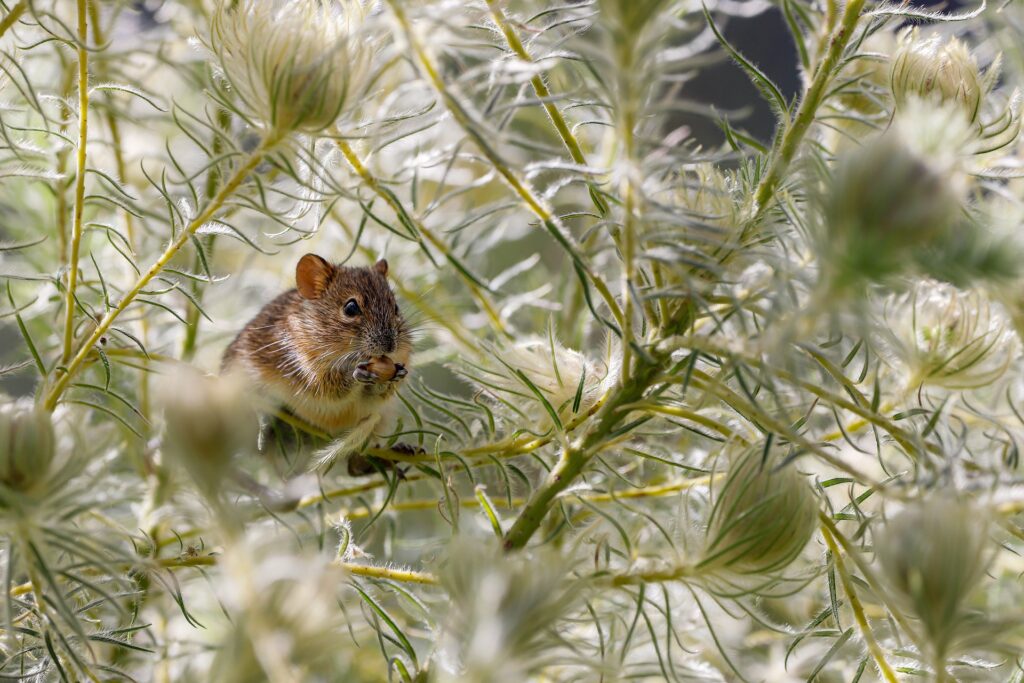When it comes to protecting your plants from aphid eggs, early detection is key. Aphids are notorious garden pests that can quickly overrun your plants if their eggs are left to hatch. Spotting these eggs before they hatch and taking action can save your garden from an infestation.
Knowing how to get rid of aphid eggs effectively is essential, so identifying what they look like is the first step to controlling their population and keeping your plants healthy.
What Aphid Eggs Look Like
Aphids are tiny pests, and their eggs are equally small, making them hard to spot. However, a careful inspection of your plants can help you locate them before they hatch, as aphids eat the sap of various plants, which can weaken their health. Aphid eggs are usually found in clusters on the undersides of leaves, stems, or crevices, where they are protected from predators.
- Size and Shape: Aphid eggs are very small, typically no larger than 0.5 millimeters, and are oval or round in shape.
- Color: Aphid eggs tend to be yellow, pale green, or even black, depending on the aphid species. As they near hatching, they may turn a darker color.
Pay close attention to new growth on your plants, as this is a common spot for aphids to lay eggs. You can use a magnifying glass to get a closer look, especially around tender shoots, buds, and the undersides of leaves.
7 Ways to Get Rid of Aphid Eggs from Plants
Once you’ve identified aphid eggs on your plants, you can remove them before they hatch into nymphs. Here are some effective methods on how to get rid of aphid eggs:
1. Manually Remove Eggs
One of the simplest methods is to remove the eggs by hand. If the infestation is small, you can gently wipe the eggs off using your fingers or a soft cloth. Be sure to check all areas of the plant, including underneath the leaves and along the stems.
For more delicate plants, use a cotton swab dipped in soapy water to remove the eggs without damaging the plant tissue.
2. Use a Garden Hose
A strong spray of water from a garden hose can dislodge aphid eggs from your plants. This method is effective if you’re looking at how to get rid of aphid eggs on plants and want to cover larger areas quickly. However, make sure your plants can tolerate the water pressure.
3. Introduce Beneficial Insects
Introducing beneficial insects, like ladybugs or lacewings, is one of the best pest controls for aphids. These natural predators feed on aphids and their eggs, helping to keep the population in check.
4. Use Reflective Mulch
Reflective mulch, like aluminum foil or silver polyethylene, can deter aphids by reflecting sunlight and confusing them. Lay reflective mulch around your plants to create an environment that aphids find less hospitable. This simple method can help prevent aphids from landing on plants and laying eggs in the first place.
5. Keep Your Plants Healthy
Aphids are more likely to attack weak or stressed plants. Keep your garden healthy by providing adequate water, sunlight, and nutrients. Prune away damaged or diseased leaves to prevent aphids from targeting vulnerable areas. A well-maintained garden is more resistant to pest invasions.
6. Companion Planting
Companion planting is a great, natural way to keep aphids at bay. Planting herbs like garlic, lavender, chives, or mint near your affected plants creates a barrier that aphids tend to avoid. These herbs release strong scents that may repel aphids, making your garden less inviting for them to lay their eggs. Plus, you’ll enjoy the added benefit of having fresh herbs for cooking within your reach.
7. Consider a Pest Control Service
When dealing with stubborn aphid eggs on garden plants, sometimes a little extra help goes a long way. While home remedies can work, a professional pest control service brings expertise and tailored solutions to those garden invaders without harming your beloved plants.
These specialists understand how to get rid of aphid eggs on plants, using methods that target the problem at its source. If you’re looking for peace of mind and a healthy garden, contacting a trusted pest control service can make all the difference, helping you enjoy your outdoor space untroubled.
Preventing aphids from establishing themselves in your garden or even home is the best way to avoid dealing with their eggs altogether.
Prevent Aphid Eggs on Garden Plants with Aptive
Aphids might be small, but their impact on your garden can be huge. These tiny pests feed on your plants’ sap, weakening them and potentially stunting their growth. At Aptive, we understand how important it is to keep your home and garden flourishing, and our aphid control services are designed to tackle aphid infestations quickly and effectively.
Let’s make sure your garden stays the beautiful, thriving space you love. Contact us today for a complimentary quote, and we’ll help you keep your garden healthy and protected from these pests.









